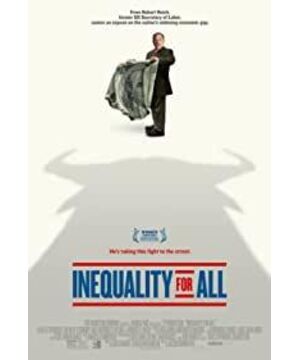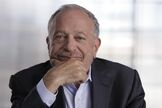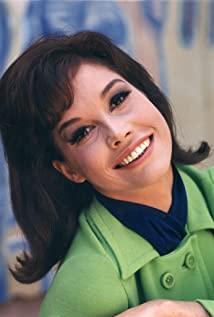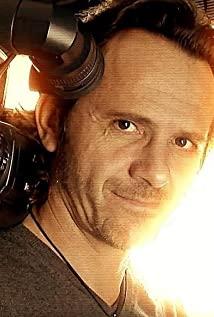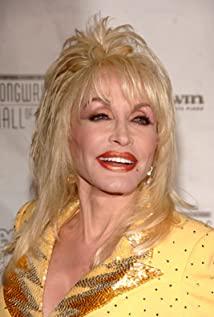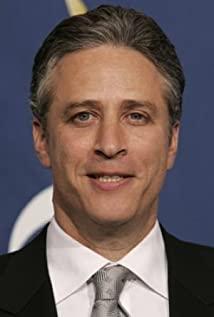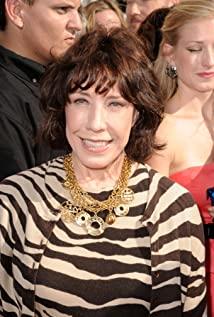The gap between the rich and the poor in the United States is the largest among all developed countries. This film interprets this phenomenon from three perspectives.
First, what caused such a huge gap?
The film gives several reasons: the weakening of labor unions; the unreasonable distribution of the tax system; the redistribution of wealth by globalization; the impact of technological revolution and automation; the relaxation of financial controls.
But it seems that there is a common root behind these reasons: the enormous influence of money as a force on politics and policymaking. When wealth owners are granted the right to influence politics and the right to speak in proportion to their wealth, they are bound to use the political system to serve their own interests. In the end, the whole system is constantly inclined to the vested interests, and the end result is the widening of the gap between the rich and the poor.
Second, what are the consequences of the gap between the rich and the poor?
The film points out that the core of economic operation lies in consumption, and the backbone of consumption lies in the middle class. The widening gap between the rich and the poor, that is, the impoverishment of the middle class, ultimately leads to the loss of the entire economy's development momentum.
Third, how can we get out of the quagmire of the gap between the rich and the poor?
The answer given by the film is education.
Education means the improvement of the quality of the labor force, which means the increase of income, so the power of consumption will also increase accordingly. The development of education requires the government to increase investment in public utilities, so taxation is required, so taxation of the rich is inevitable.
Obviously, the market cannot solve the problem of the gap between the rich and the poor spontaneously. It must rely on the power of the government and revise the rules of economic operation. Therefore, the protagonist of the film, Robert Reich, the former Minister of Labor of the Clinton Administration, put hope in his young class. On the students, he told them that politics is not in the void but here, in their actions.
View more about Inequality for All reviews


